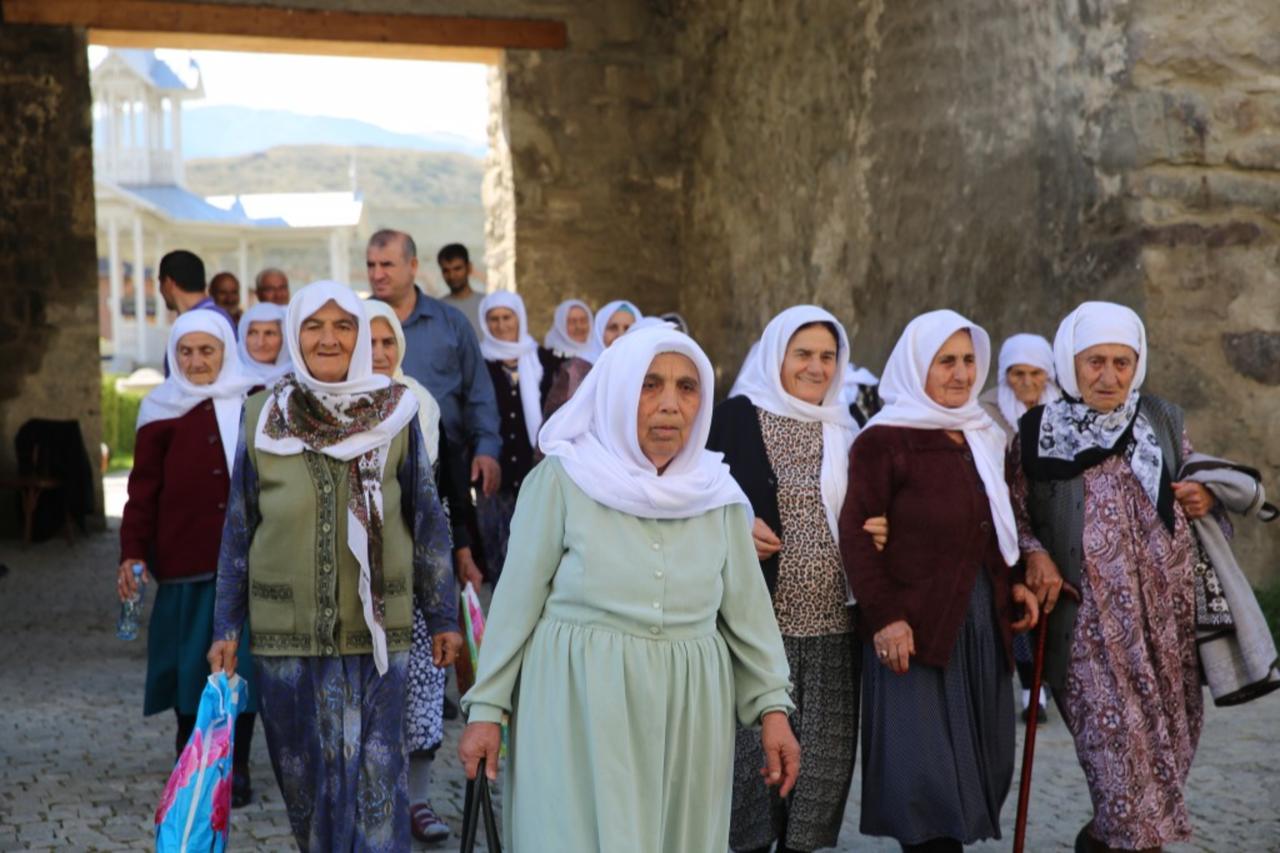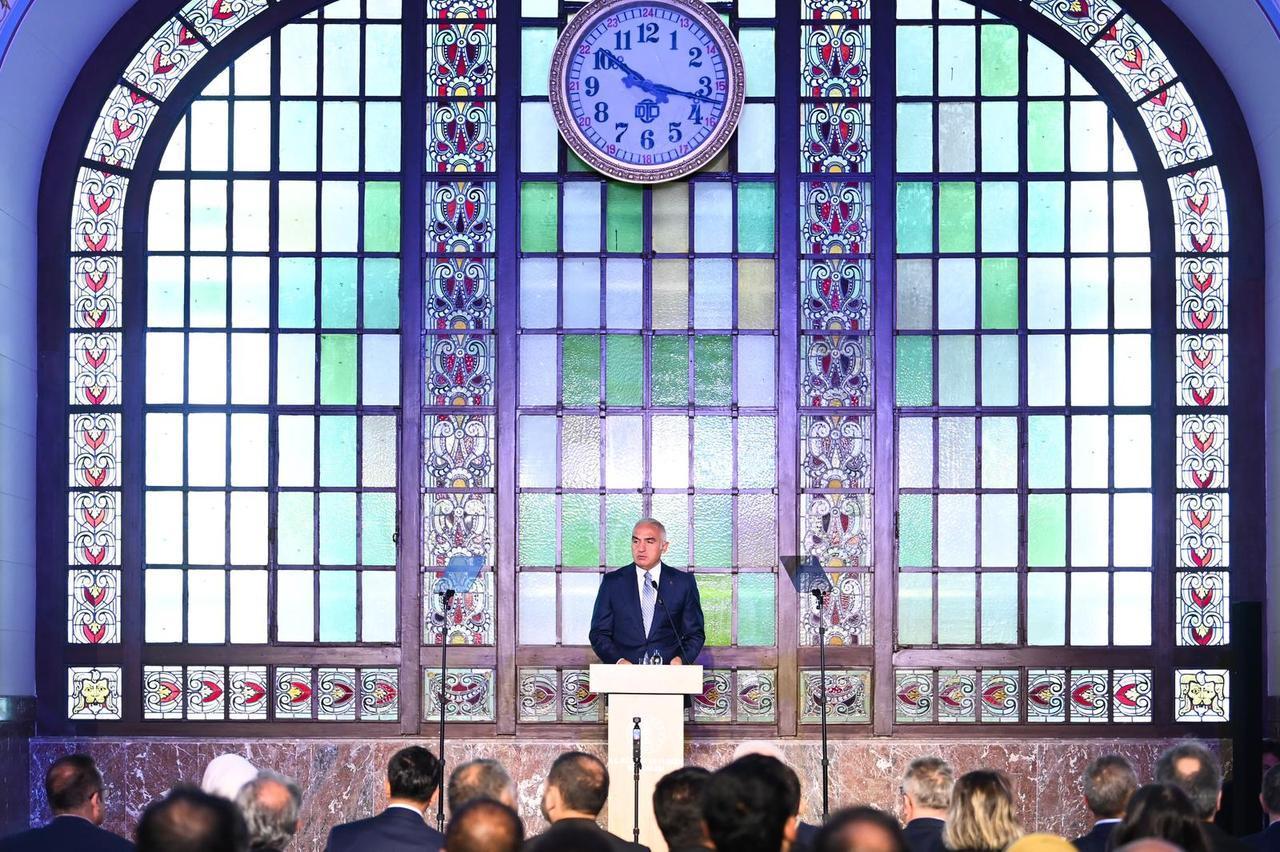
President Recep Tayyip Erdogan received the leadership of the World Ahiska Turks Union in Ankara this week, with Culture and Tourism Minister Mehmet Nuri Ersoy reaffirming Türkiye's commitment to supporting the dispersed ethnic Turkish community across multiple countries.
Ersoy, who attended the meeting with Ziyatdin Ismihanoglu Kassanov, general president of the World Ahiska Turks Union, and his delegation, emphasized the historical bonds between Türkiye and the Ahiska Turkish population. "Ahiska brothers are among the strongest symbols of our common history, friendship and brotherhood," Ersoy said in a statement posted to social media following the meeting.
The minister outlined Türkiye's ongoing assistance programs, noting that government agencies provide support "in many areas from education to agriculture, from culture to housing." He specifically cited projects implemented through the Turkish Cooperation and Coordination Agency (TIKA) and the Presidency for Turks Abroad and Related Communities (YTB), as well as cultural initiatives by the Yunus Emre Institute that "further strengthen cultural interaction and brotherhood ties."

The Ahiska Turks, also known as Meskhetian Turks, are an ethnic Turkish subgroup historically from the Meskheti region of Georgia near the Turkish border. Their diaspora stems from a 1944 forced deportation ordered by Soviet leader Joseph Stalin, who expelled over 115,000 Ahiska Turks from their ancestral homeland as the Soviet Union prepared a pressure campaign against Türkiye.
Deported to Central Asia in secret rail operations, the community suffered mass casualties during the journey and subsequent exile, with estimates suggesting 30,000 to 50,000 deportees died from hunger, cold and deprivation. Unlike other nationalities deported during World War II, the Ahiska Turks received no official reason for their removal until 1968, when Soviet authorities finally acknowledged the action.
The community faced a second wave of violence in 1989, when riots in Uzbekistan's Fergana Valley resulted in hundreds of Ahiska Turks killed or injured and thousands forced into exile again. Many relocated to Azerbaijan, Russia, Kazakhstan, Kyrgyzstan and Ukraine, though they have been largely barred from returning to Georgia.
Today, Ahiska Turks remain widely dispersed throughout the former Soviet Union, Türkiye and the United States. Official population figures vary significantly, with Soviet authorities historically recording many Ahiska Turks under other nationalities such as Azeri, Kazakh or Uzbek.
In Russia's Krasnodar region, Ahiska Turks have faced significant human rights violations, including citizenship deprivation and restrictions on property ownership and employment. Since 2004, many have resettled as refugees in the United States, with nearly 1,300 establishing a community in Dayton, Ohio.
The conflict in eastern Ukraine has displaced an additional 2,000 Ahiska Turks since 2014, with some seeking refuge in Türkiye's Erzincan province under recently adopted asylum measures.
Ersoy concluded his statement by pledging continued solidarity: "As Türkiye, we have always stood by them so that they can freely preserve their identities, keep their cultural heritage alive and live in peace in the countries where they are located, and we will continue to do so."